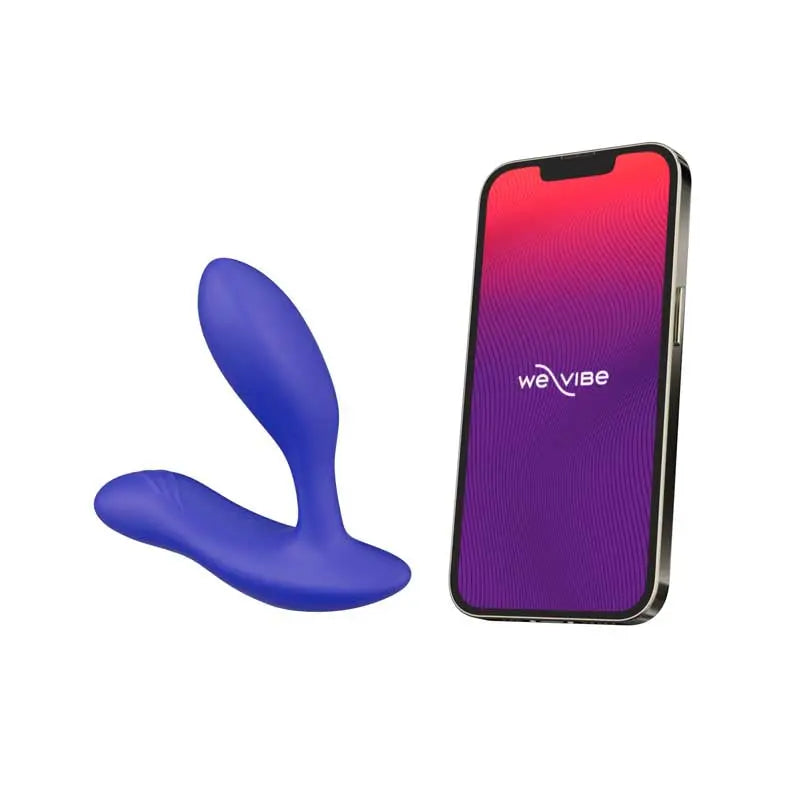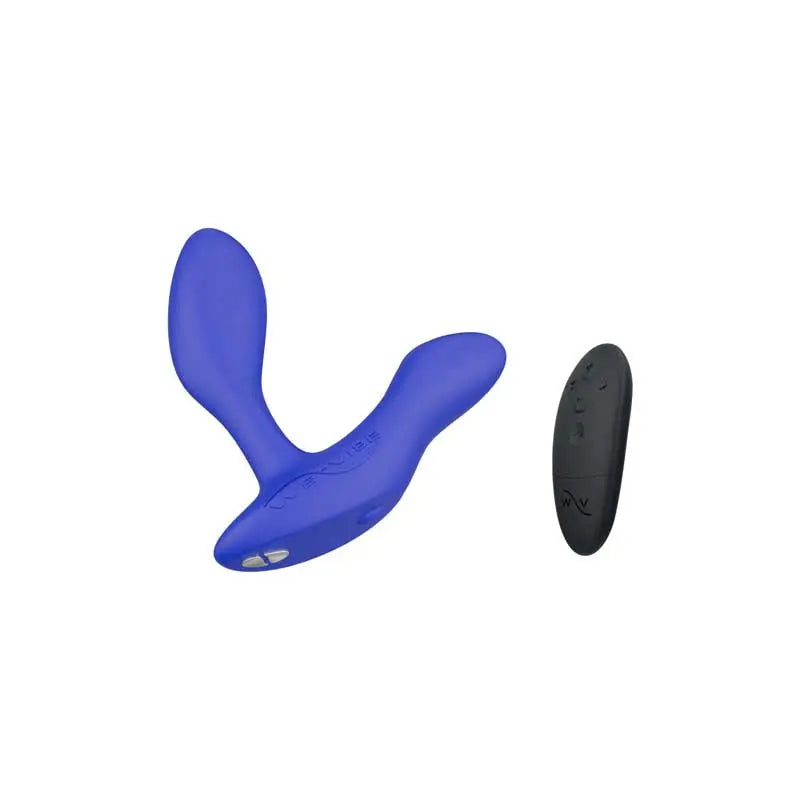Sexual pain: which lubricants to choose?
Vulvar and vaginal pain have diverse and varied causes. They nevertheless have a significant impact on the level of sexual satisfaction and on comfort during sexual intercourse.
For the majority of these intimate pains, using a good quality lubricant can greatly contribute to increasing comfort, or even eliminating certain unpleasant effects.
Sexual pain can be caused by various pathologies:
- Irritable mucous membranes
- Vaginismus
- Vaginal dryness
- Dyspareunia
- Vulvovaginal atrophy
- Lichen sclerosus
- Sjoergren syndrome
WHAT LUBRICANTS ARE SUITABLE FOR IRRITABLE MUCOSA?
Some people are more prone than others to dermatological irritation reactions. Since mucous membranes do not have a stratum corneum (protective layer of the skin), they are even more vulnerable to irritants.It is therefore advisable to opt for extremely neutral lubricant formulas, without potentially irritating ingredients. (See our section on the components of conventional lubricants).
Furthermore, it is appropriate to distinguish two phenomena of dermatological reactions:
- Skin allergy due to an autoimmune inflammatory reaction caused by sensitivity to an allergen.
- Skin irritation strictly speaking, triggered by the attack of an irritant agent at the cellular level.
What type of lubricant should you choose to relieve vaginismus?
The recommended treatment for vaginismus consists of acting on two levels:
- Identify the psychosomatic factors that produced the physical trauma and consequently the reflex contraction reaction.
- Relieve the physical discomfort generated by this reflex contraction .
The treatment of physical symptoms linked to vaginismus is based on the reappropriation of the pleasure which results from intimate caresses and ultimately penetration.
Therapists often suggest the use of progressive vaginal dilators in order to gradually train the body for penetration or to simply relearn the pleasures associated with penetration with digital stimulation.
Whatever the method adopted, the use of a lubricant is extremely recommended to compensate for any lack of natural lubrication or any discomfort linked to friction.
For this purpose, it is preferable to use a water-based lubricant in order to properly hydrate the mucous membranes and provide the comfort necessary for exploration.
In order to avoid any undesirable effects which would further complicate the pathology, it is preferable to completely prohibit all lubricants containing chemical irritants or with an unsuitable pH which could create infections or fungal infections.
YES WB is the most suitable lubricant in cases of vaginismus during the exploration phases and for all use with dilators .
What would be the perfect lubricant for vaginal dryness?
Please see our complete guide: “Vaginal Dryness and Lubricants”
Which intimate lubricant is best for dyspareunia?
Dyspareunia is a pathology that arises from pain felt during penetration. However, this pain can have various causes.
If this is caused by a lack of secretion or natural lubrication, using a water-based lubricant can relieve the effects .
If, on the other hand, it is produced by another pathology: Endometriosis, ovarian cysts, or by a psychosomatic reason, making any relationship unpleasant, it is then appropriate to find therapeutic avenues with health professionals.
In the event of dyspareunia, the sole use of a water-based lubricant may sometimes be insufficient; it may be interesting to combine it with a silicone or oil- based lubricant .
In fact, water-based lubricants act inside the cells themselves and moisturize
Silicone and oil-based lubricants on the other hand provide an extra slippery sensation which can be extremely comforting and reassuring during painful penetrations. Thus, as long as we perceive the sensation of sliding, we know that there can be no blockage or friction.
What types of intimate gel should you choose in case of vulvovaginal atrophy?
Vulvovaginal atrophy results in drying and thinning of the vulvar and vaginal tissues. The use of a water-based lubricant or a vaginal moisturizer can considerably improve the discomfort produced by this pathology.
In fact, hydration of the tissues makes them less friable, less irritable and the swelling of the mucous membranes produced by lubrication contributes to creating a superior layer of comfort.
If the atrophy is causing sexual discomfort despite the application of a water-based lubricant, then it is best to coat your partner's penis with an oil- or silicone-based lubricant to limit friction and allow the duration of the relationship to be extended.
What lubricants are recommended for people with atrophic lichen sclerosus?
Symptoms of cracking and itching related to atrophic lichen sclerosus may be relieved by the emollient and moisturizing properties of water-based or oil-based lubricants . Since silicone has no moisturizing properties, it can only contribute to the comfort of gliding.
What are the best lubricants for Goujerot-Sjörgren syndrome?
This autoimmune disease affects the exocrine glands including the Bartholin glands . This disease therefore affects the quality of vaginal secretions . Using a water-based lubricant can compensate for this lack of secretions and a vaginal moisturizer can provide relief on a daily basis.








Leave a comment